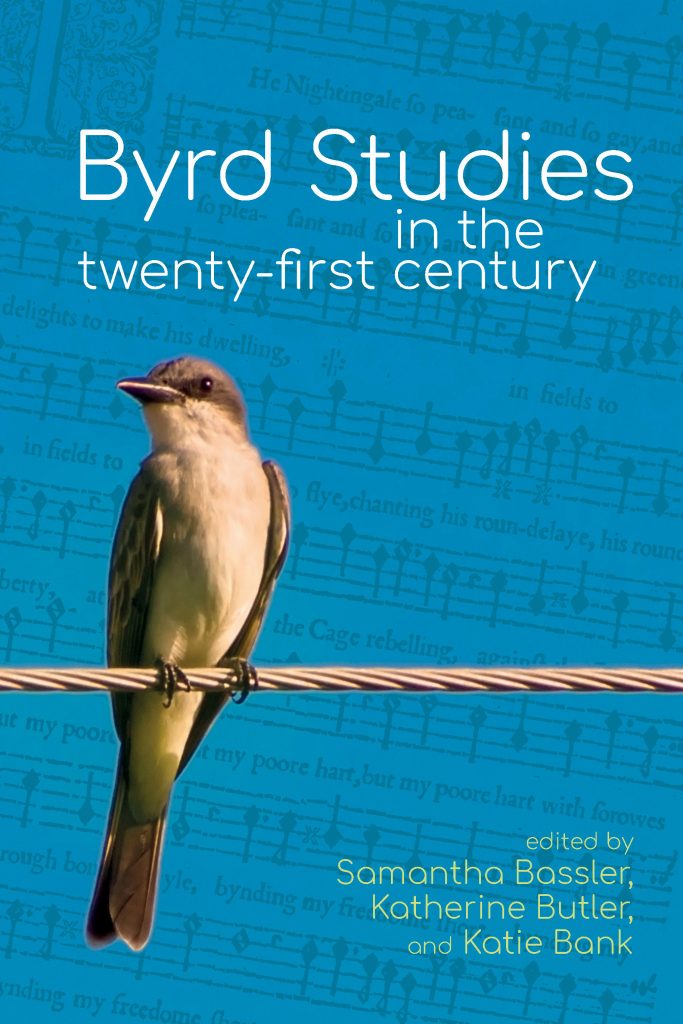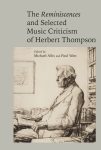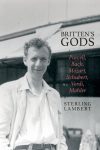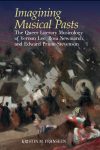Byrd Studies in the Twenty-First Century
Edited by Samantha Bassler, Katherine Butler, and Katie Bank
Byrd Studies in the Twenty-First Century demonstrates current approaches to Byrd studies in the twenty-first century and represents the sole major print effort to commemorate the 400th anniversary of the composer’s death in 2023. The volume’s chapters, by both early-career and established scholars, cover topics that engage with Byrd’s milieu and music, incorporating themes such as reception history, exploration and exile, historiography, digital scholarship, literary criticism, and reconstruction. It also expands upon established areas of Byrd scholarship, including Byrd’s Catholicism, analysis, performance practice, and reformation politics, investigating how approaches to Byrd and his music have changed over since the last major anniversary in 1923.
This timely volume not only marks the quatercentenary of a beloved English composer but works to situate scholarship on Byrd within the changing landscape of interdisciplinary music study. It includes contributions from scholars drawing widely from literary studies, visual culture, music theory, performance studies, and cultural history. Byrd’s exceptional life at the heart of elite and courtly culture during tumultuous late-Elizabethan England is a unique window to late-sixteenth, early-seventeenth century England that will be of value to scholars and students from both within and without music studies. Byrd Studies in the Twenty-first Century provides new approaches and perspectives on Byrd’s music, performance, and legacy.
TABLE OF CONTENTS
Introduction: Byrd Studies, Past and Present | Samantha Bassler, Katherine Butler, and Katie Bank
PART I: Byrd in His World
1 Byrd in the Age of Exploration and Exile 1| Kerry McCarthy
2 William Byrd as Literary Innovator | Juliana Chapman and Sharon J. Harris
PART II: New Perspectives—Politics, Piety, and Print
3 William Byrd and the Elizabethan Tabernacle | Alexandra Siso
4 The Hidden Politics of the Emblem: William Byrd, Elizabeth I, and Cupid | Jason Rosenholtz-Witt
5 “That Worishh, that Devillishe, and Faithlesse Song”: Byrd’s Salve regina in Context | Owen Rees
PART III: Analyzing and Reconstructing Byrd
6 William Byrd’s Pitch Structure: Toward a Reconciliation of Mode and Key Perspectives | Megan Kaes Long
7 Byrd’s Apprentice Works: Sacris solemniis Reconstructed and Rehabilitated | Magnus Williamson
PART IV: Performing Byrd
8 One Hundred Years of Byrd’s Consort Music: A Performer’s Perspective | John Bryan
9 Between Text and Act: Fresh Perspectives on the Significance of Single- and Double-Stroke Ornaments in William Byrd’s Keyboard Music | David J. Smith
PART V: Byrd’s Reception
10 Reviving Byrd: The 1923 Tercentenary | K. Dawn Grapes
11 Byrd Orchestrated: Symphonic Adaptations and an Evolving Reception History | Joseph Sargent
12 Joseph Kerman, the “Catholic” Interpretation of Byrd, and the New Musicology | Mark Rodgers
Afterword: Byrd Studies from the Twentieth to the Twenty-First Century | Richard Turbet
About the Editors
Samantha Bassler is a scholar and educator who teaches in the music departments at NYU Steinhardt and Rutgers University at Newark and owns and teaches at Stellar Music Space, her own private music school in Brooklyn, NY. As a disabled and neurodivergent academic, her research is focused on music and disability, from an advocacy perspective and to better understand the social concept of disability in early modern cultures. After co-editing Myth and Story in Medieval and Early Modern Culture (2019), she has been expanding her work on early music and disability into a book project that is under consideration with Boydell and Brewer. She is also active in music and disability justice initiatives at the American Musicological Society, where she gave three talks at the 2022 conference, all centered around acceptance of neurodivergent and disabled scholars and students.
Katherine Butler is Assistant Professor in Music at Northumbria University. Her research focuses on the musical culture of early modern England, from the myths and stories that shaped perceptions of music, to music’s roles in politics and society, and its physical dissemination in print and manuscript. She is the author of Music in Elizabethan Court Politics (2015) and co-editor of Music, Myth and Story in Medieval and Early Modern Culture (2019), The Heroic in Music (2022) and Elizabethan and Jacobean Praises of Music (forthcoming). Her current research project explores the social significance of rounds and catch-singing, c.1550-1650.
Katie Bank is Leverhulme Early Career Fellow in the Department of History at the University of Birmingham researching musical-visual culture in early modern England. Her work reflects an interdisciplinary attention to the role of recreational song and visual culture within the intellectual history of early modern England, particularly music's intersection with natural philosophy, the passions, and concepts of sense perception. Publications include a monograph, Knowledge Building in Early Modern English Music (Routledge, 2021) as well as articles in journals such as Early Music, The Hakluyt Society Journal, and Renaissance Studies.
 Purchase from Liverpool UP
Purchase from Liverpool UP
Details
Pages: 312 pages
Published: December 2023
Formats
Hardback
ISBN: 978-1-63804-085-9
eBook
ISBN: 978-1-63804-086-6
Subjects
Early ModernMusic
Series
Studies in British Musical Cultures





